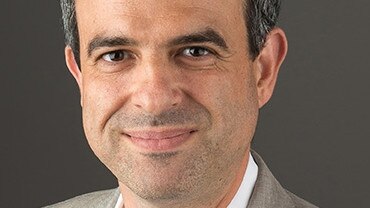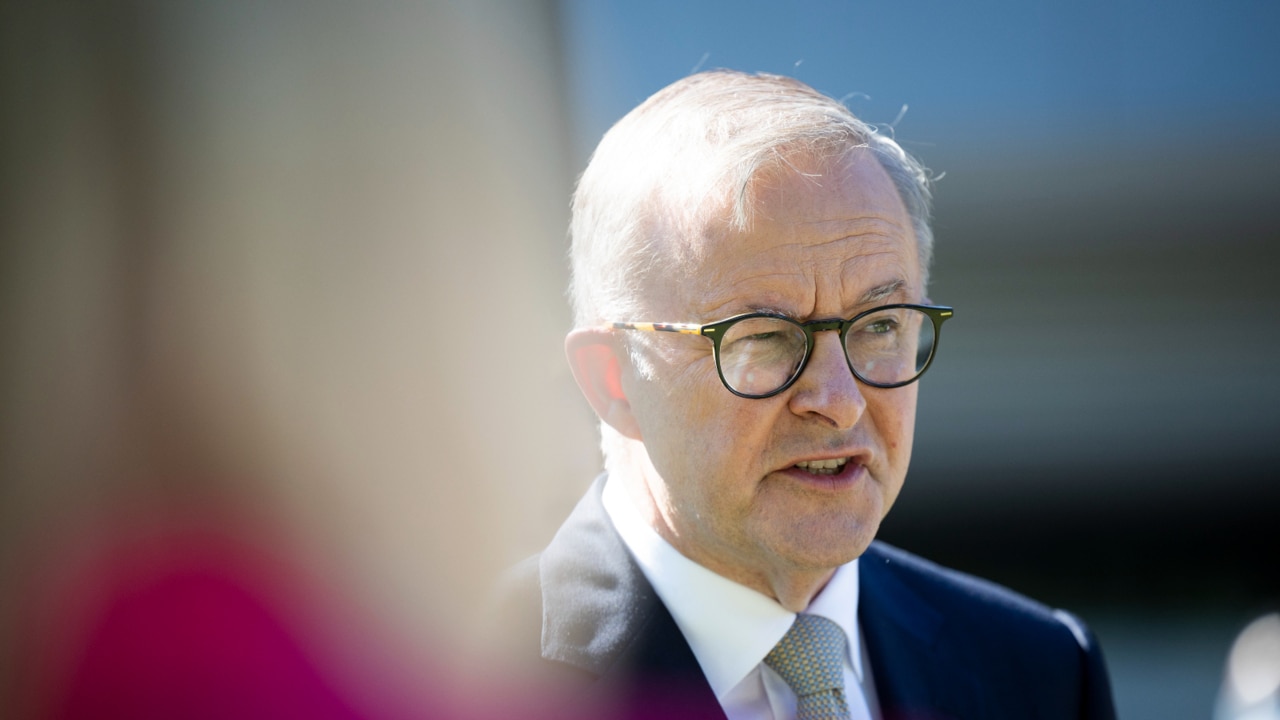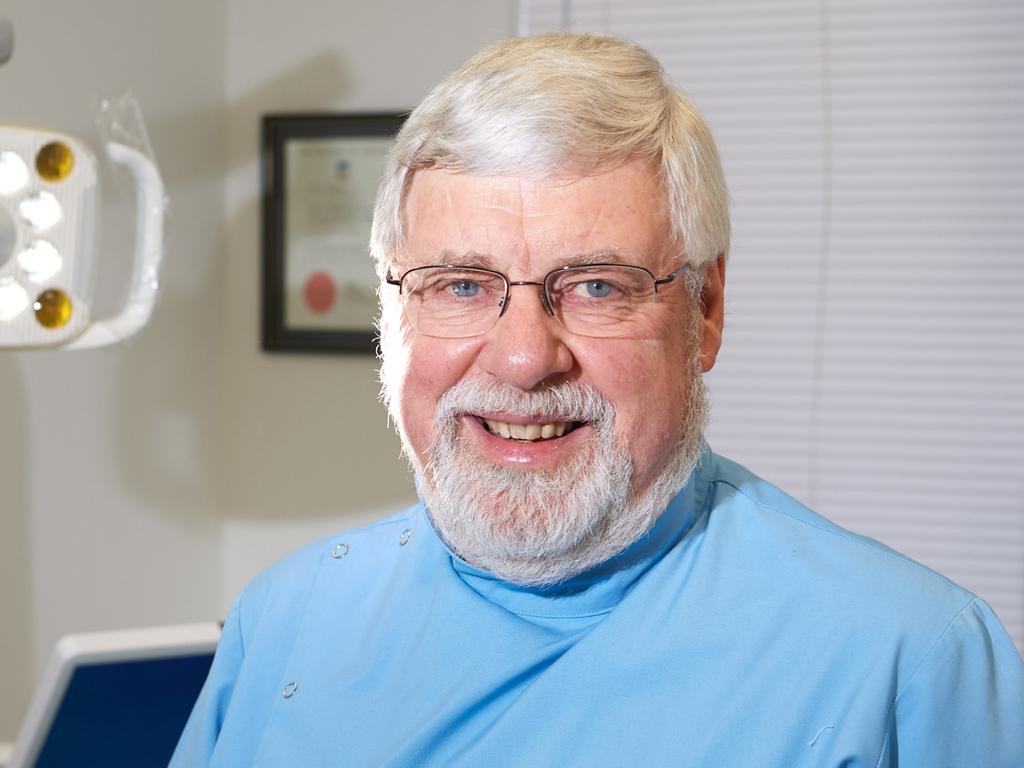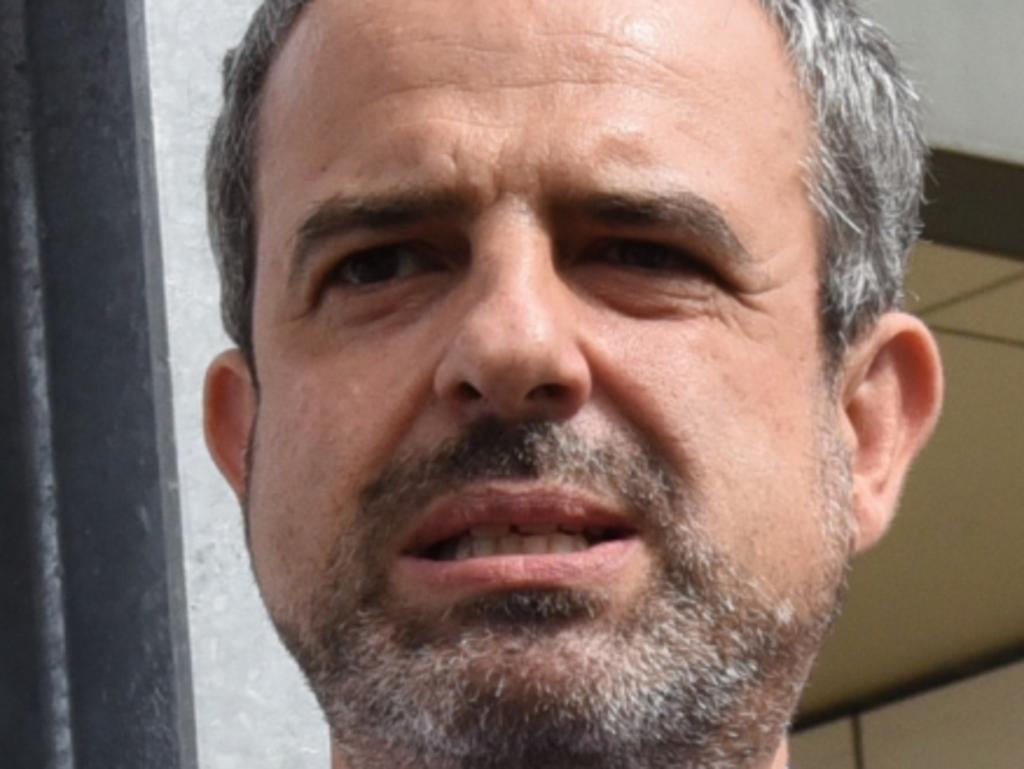Election 2022: Doctors slam health plan as super clinics lite
Labor’s first major health announcement of the campaign has been slammed by doctors who want more ‘broad reform’ rather than a policy like Kevin Rudd’s failed ‘super clinics’.

Labor’s first major health announcement of the campaign has been slammed by the peak medical body and other experts, who want more “broad reform” rather than a policy reminiscent of Kevin Rudd’s failed “super clinics”.
Anthony Albanese in Melbourne said Labor would trial 50 urgent care clinics that would run seven days a week from 8am to 10pm and offer bulk-billed treatments for non-life threatening conditions at a cost of $135m over four years.
Just over 67.6 per cent of patients had all GP visits bulk-billed in 2020-21, according to the Productivity Commission’s Report on Government Services 2022.
It follows Mr Rudd taking a similar policy to the 2007 election for 32 General Practice Super Clinics, with another 33 clinics announced over the next three years, aiming to bring together GPs, nurses, psychologists and other specialists into one location.
The $650m program was riddled with issues, including infrastructure woes associated with building more than 60 stand-alone clinics, a duplication of existing services that angered GPs because of unfair competition and difficulty in attracting staff.
In 2013, an Australian National Audit Office report revealed fewer than 10 per cent of the clinics promised by Labor in the first two years were delivered on time.
The Coalition suspended funding to numerous super clinics when it took power from Labor in 2013, with many clinics not even having started construction, and eventually scrapped the program, which had delivered 33 sites.
Labor on Wednesday tried to distance itself from Mr Rudd’s failed program, saying a key difference with the urgent care clinics was they would be integrated into existing GP clinics rather than being stand-alone facilities.
“This is not about new buildings. It is about making better use of existing and upgraded services,” opposition health spokesman Mark Butler said.
“They’ll make it easier for Australians to see a doctor, and certainly much cheaper for them to do that. Importantly, it will relieve pressure on our hospital emergency departments, which are heaving under an unprecedented level of demand.”
Australian Medical Association president Omar Khorshid said his organisation was “unconvinced” by the plan. “These centres will do little to relieve the hospital logjam, will further fragment care and will unfairly compete with nearby general practices which, without this government funding, will not be able to keep their doors open after hours,” he said.
Dr Khorshid said instead of enabling thousands of practices across the country to improve their offering to patients, the announcement focused on only 50 practices, using a model “reminiscent” of the failed Rudd-era GP Super Clinics.

“Rather than piecemeal announcements, both major political parties need to tackle the real issues facing our health system,” he said.
Australian Digital Health Agency chief clinical adviser Steve Hambleton said workforce was an issue that was not being addressed.
“Less than 20 per cent of graduates want to be general practitioners … we need at least half of a graduating class to get to the point of wanting to do that job and health reforms need to focus on that,” he said.
“If you think ‘We’ll build it (the clinics) and they’ll come,’ the fact is there’s no one to come.”
Mr Butler said the clinics would help attract more doctors to general practice “by providing a stable, interesting and well-supported work environment”.
It follows similar concerns raised over Labor’s aged-care policy, which has promised a registered nurse in every aged-care facility 24/7 by next year, with opposition legal affairs spokesman Mark Dreyfus hinting that the rollout may even need to be “paused” because of workforce issues.
New Zealand’s opposition National party has signalled concerns that the plan would resort to skilled migration to fill workforce needs and would drain New Zealand’s nursing cohort.
Health Minister Greg Hunt attacked the policy as a “reheated” version of Mr Rudd’s super clinics.






